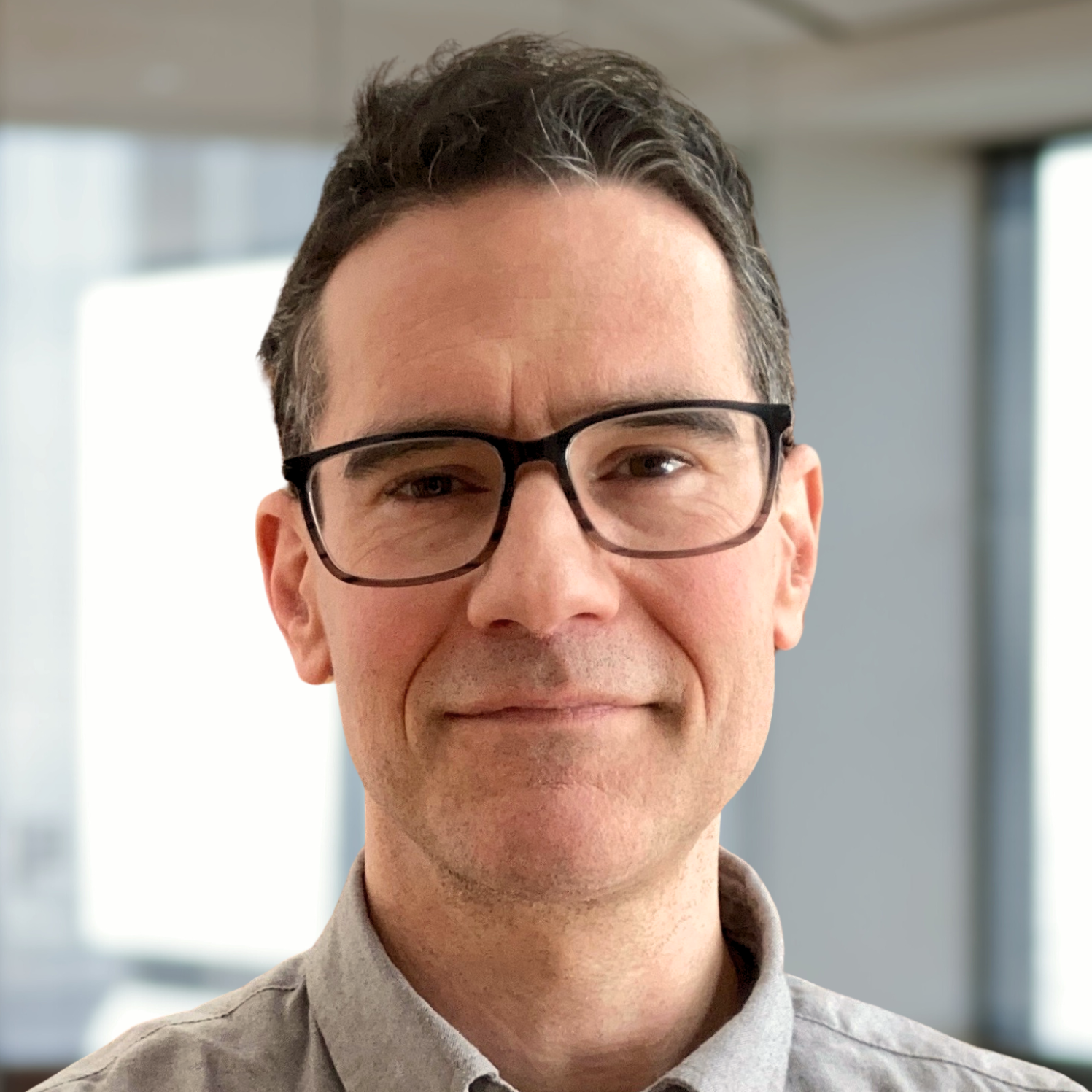Meet Your Therapist
Meet Your Therapist
Daniel Schubmehl
LMFT, Clinical Supervisor
Daniel’s approach to therapy is grounded in curiosity and compassion, in respect for the human capacity for healing, growth, and change

Daniel Schubmehl
LMFT, Clinical Supervisor
Daniel’s approach to therapy is grounded in curiosity and compassion, in respect for the human capacity for healing, growth, and change

Daniel’s approach to therapy is rooted in curiosity and compassion, in respect for the human capacity for healing, growth and change. He views therapy as a collaborative undertaking, an opportunity to uncover new insights and awaken dormant abilities for connection. In his practice, Daniel provides a safe and authentic space to understand and process emotion, cultivate mindfulness and navigate life transitions.
His work focuses on relationships, exploring how families and partners create meaning, share stories, celebrate milestones, and support each other through times of sorrow.
His background includes advanced training in the Gottman Method Couples Therapy, Emotion-Focused and Attachment-Based Family Therapy, and the Integrated Healthcare and Medical Family Therapy Intensive at the University of Rochester.
Growing up in New York’s Finger Lakes Region, Daniel developed a deep appreciation for the changing seasons and the tranquility of nature. His grandmother introduced him to the quiet pleasure of spending time with a good novel. Reading, reflecting in nature, and thoughtful inquiry are favorite activities for him. Daniel also remains a member of the New York State Zen community.
Daniel’s undergraduate studies in music, philosophy and psychology led him to an independent fellowship in West Africa for six months.
This experience deepened his life-long interest in the arts, particularly music. He moved to NYC in 2002, studied jazz for several years and acquired a new appreciation for the creative process, the art of listening and improvising.
Eventually, Daniel shifted his focus, pursuing a Master of Science in Marriage and Family Therapy from Mercy University.
As a licensed marriage and family therapist today, he values the opportunity to blend openness, curiosity, and relational science.
Daniel is grateful for the chance to facilitate healing conversations, new insights, and meaningful change in his client’s lives.
Specialties

Gottman Method
Deepen your relationships with research-based tools for improving intimacy.

Family Therapy
Nurture the familial relationships you desire, and show up fully within your dynamics.

Substance Use
Cultivate, with agency, a relationship with substances that feels aligned.
Specialties

Gottman Method
Deepen your relationships with research-based tools for improving intimacy.

Family Therapy
Nurture the familial relationships you desire, and show up fully within your dynamics.

Substance Use
Cultivate, with agency, a relationship with substances that feels aligned.
Daniel’s approach to therapy is rooted in curiosity and compassion, in respect for the human capacity for healing, growth and change. He views therapy as a collaborative undertaking, an opportunity to uncover new insights and awaken dormant abilities for connection. In his practice, Daniel provides a safe and authentic space to understand and process emotion, cultivate mindfulness and navigate life transitions.
His work focuses on relationships, exploring how families and partners create meaning, share stories, celebrate milestones, and support each other through times of sorrow.
His background includes advanced training in the Gottman Method Couples Therapy, Emotion-Focused and Attachment-Based Family Therapy, and the Integrated Healthcare and Medical Family Therapy Intensive at the University of Rochester.
Growing up in New York’s Finger Lakes Region, Daniel developed a deep appreciation for the changing seasons and the tranquility of nature. His grandmother introduced him to the quiet pleasure of spending time with a good novel. Reading, reflecting in nature, and thoughtful inquiry are favorite activities for him. Daniel also remains a member of the New York State Zen community.
Daniel’s undergraduate studies in music, philosophy and psychology led him to an independent fellowship in West Africa for six months.
This experience deepened his life-long interest in the arts, particularly music. He moved to NYC in 2002, studied jazz for several years and acquired a new appreciation for the creative process, the art of listening and improvising.
Eventually, Daniel shifted his focus, pursuing a Master of Science in Marriage and Family Therapy from Mercy University.
As a licensed marriage and family therapist today, he values the opportunity to blend openness, curiosity, and relational science.
Daniel is grateful for the chance to facilitate healing conversations, new insights, and meaningful change in his client’s lives.

